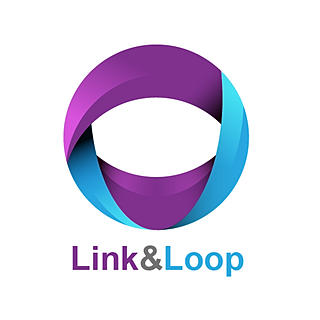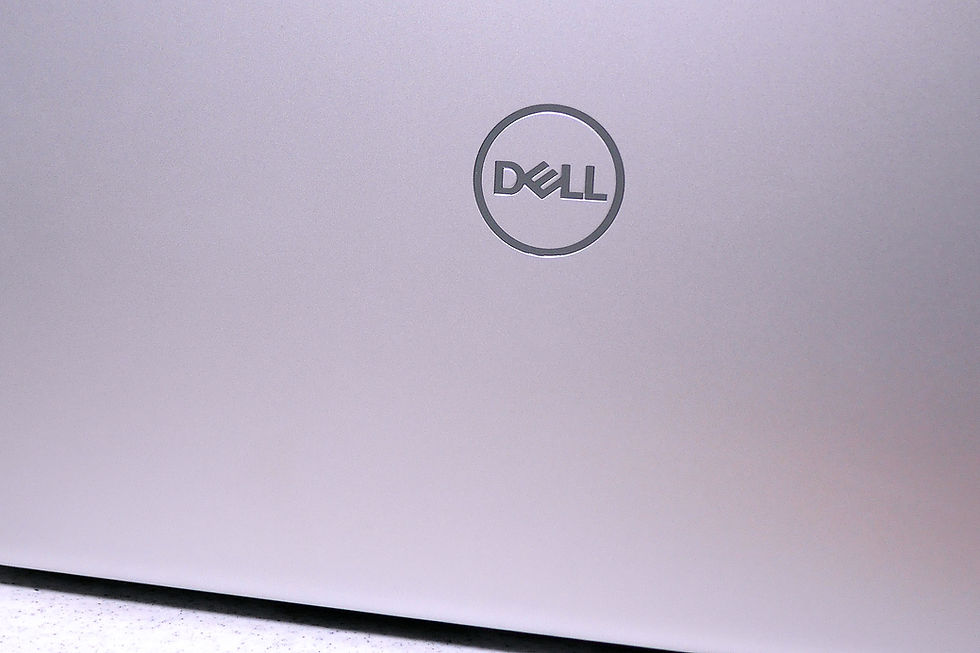Purpose Driven Business, Brands, People: Unilever Commits to the Circular Economy
- Link and Loop
- Jan 26, 2019
- 2 min read
Updated: Jul 1, 2020

About Unilever
You may not have heard of Unilever, but have certainly know of Dove, AXE, Lipton, Knorr and Magnum. Those are some of the many brands that Unilever produces. In 2017 their global turnover was 53.7 billion euros. Thirty years ago, Unilever arrived in Taiwan, marketing brands such as Bai Lan, Xiong Bao, Dove, Li Shi, Kang Bao, Lipton and Vaseline.

Unilever’s Sustainable Living Plan
“To make sustainable living commonplace” is Unilever’s business motto. Business growth is central to their vision whilst also decreasing their environmental footprint and increasing their positive social impact. Launched in 2010, the Unilever Sustainable Living Plan has been their blueprint for sustainable growth. One of their targets has included zero-non-hazardous waste to landfill through reusing, recycling and recovery. They claim to have achieved their target throughout their entire global network of 242 factories in 67 countries. Examples of that are waste produced in their China plant in Hefei are now used as raw material for bricklaying and paving. In the UK the waste from their mayonnaise is used as biofuel and lastly in Russia, their discarded tea bag paper packaging material recycling is used to make wallpaper.
Packaging Waste
By 2025, Unilever committed to ensuring that all of their plastic packaging will be fully reusable, recyclable or compostable. This will be done through increasing the recyclable plastic material content, increasing the recycling, and recovery rate by 15%. As an example, their PG tips (tea brand), recently introduced fully biodegradable tea bags made from corn starch material.
Sustainable Nutrition Strategy
In 2015, Unilever joined in creating the Consumer Goods Forum Food Waste Resolution. This resolution commits to halving disposed food waste by 2025 across retail and manufacturing operations. To do so, Unilever is working across three areas. Firstly, operations and manufacturing, reducing discarded food produced and also trying to make discarded raw materials/ingredients available. Secondly, research and development, helping to develop new product formula design to increase the use of ingredients. Lastly, collaborating with food bank organizations.
Sourcing - Change the Cycle at the Start
Unilever’s target is to source 100% of their agricultural raw materials sustainably. By the end of 2017, 56% of their agricultural r
aw materials were sustainably sourced and around 5% in the form of certificates used mainly in soy and sugar. According to Unilever, by 2020, they will reach 60% of their target.
Conclusions
Unilever are on all fronts trying to change “how to do” business by having a more sustainable innovative business model. Through their various examples they are on track to changing critical practices within their different sectors.
*This is speech summary from the Link and Loop Workshop which was edited and compiled by the Link and Loop team. It was written and reported with the best available knowledge from the talk. There may be information discrepancies. Please contact the speaker for clarifications.




Comments